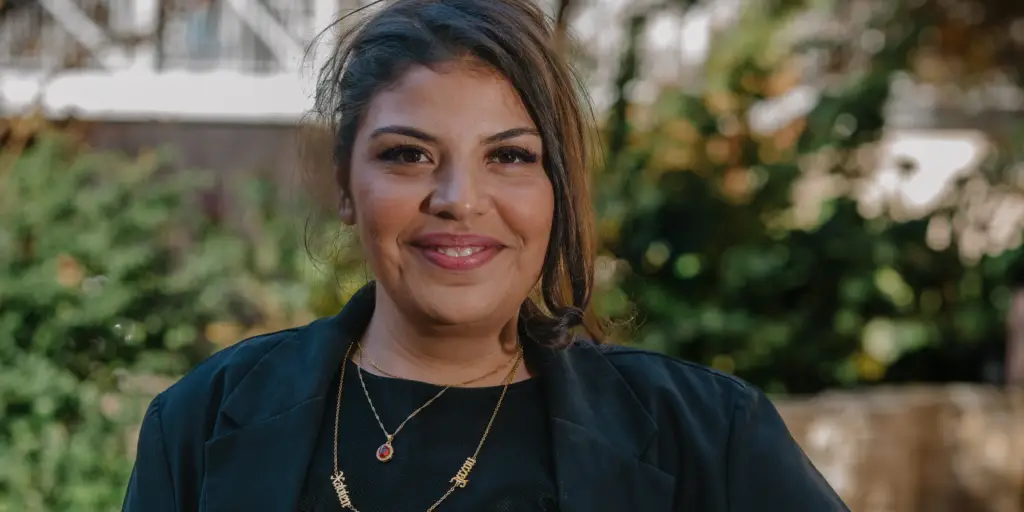Every April 16th, the healthcare community commemorates National Healthcare Decisions Day (NHDD), with some institutions championing healthcare decisions all month long. The Conversation Project, which leads NHDD each year, notes: “NHDD is an initiative to encourage patients to express their wishes regarding healthcare and for providers and facilities to respect those wishes, whatever they may be.” At its core, this awareness day is designed to foster conversations about advance care planning. While many people tend to equate advance care planning with end-of-life planning, advance care planning is actually designed to ensure we receive the care we want (or don’t want) at all stages of life and care. In Outcomes4Me’s home state of Massachusetts, the state’s Coalition for Serious Illness Care describes the process as ensuring everyone receives “the care that supports what matters to us throughout our lives, especially if we’re seriously ill.”
What’s advance care planning? Advance care planning is important for everyone, but becomes even more important when facing a serious illness such as cancer. It involves thinking about, communicating, and documenting your care wishes and ensuring you have designated somebody else who can communicate (and act upon) your wishes if you can’t speak on your own behalf. Remember that thinking about, and discussing, your wishes for care and your expectations around your quality of life doesn’t necessarily mean your diagnosis can’t be managed; instead, it ensures you’re approaching your treatment in a way that reflects your personal values. These are some of the terms associated with advance care planning:
- Advance directives: These are the legal documents that articulate your care goals.
- Healthcare proxy: A healthcare proxy is a person familiar with your care wishes who can make decisions about your health if you can’t communicate them directly to your care team. You formalize your relationship with your healthcare proxy by completing what is called a durable power of attorney for health care.
- Living will: A living well puts into writing your preferences around your care in an emergency situation–for example, are there treatments you would want to avoid?
- Palliative care: When living with advanced cancer, discussing palliative care with your doctor can help to ensure you’re aware of patient-centered approaches to care that prioritize quality-of-life at the end of life.
While the focus of NHDD is around healthcare decisions specifically, advance care planning can have implications beyond healthcare to arenas such as your faith, your finances, or your legal affairs. Nobody wants to think about a stage in our life or care where we can’t make or verbalize decisions for ourselves, which is why organizations like The Conversation Project urge all adults to have these conversations, regardless of health status.
Resources to help you with advance care planning:
- The Conversation Project: find tools to help you start conversations with your loved ones, designate a healthcare proxy, talk to your doctor, and more.
- AARP: find advance directive forms specific to the state you live in.
- Cake: explore this platform for guidance around wills and estate planning, as well as healthcare planning.
Advance care planning is yet another area where the burden often falls on patients. In our recent State of Patient Empowerment Report study, we uncovered that in a group of over 1,800 breast cancer patients:
- Doctors did not broach advance care planning with 70 percent of those newly diagnosed
- 66 percent of patients in active treatment said their doctor did not discuss advance care planning
Take control of your cancer care and explore the resources above and take action to document your care wishes today.
Personalized support for real care decisions
Understand your diagnosis, explore clinical trials, and track symptoms--all in one place.
Get started
Compare treatments, prepare for appointments, and track side effects—all in the app
Built for your diagnosis, Outcomes4Me gives you the tools to make confident, informed decisions—right when you need them.
Continue in app






